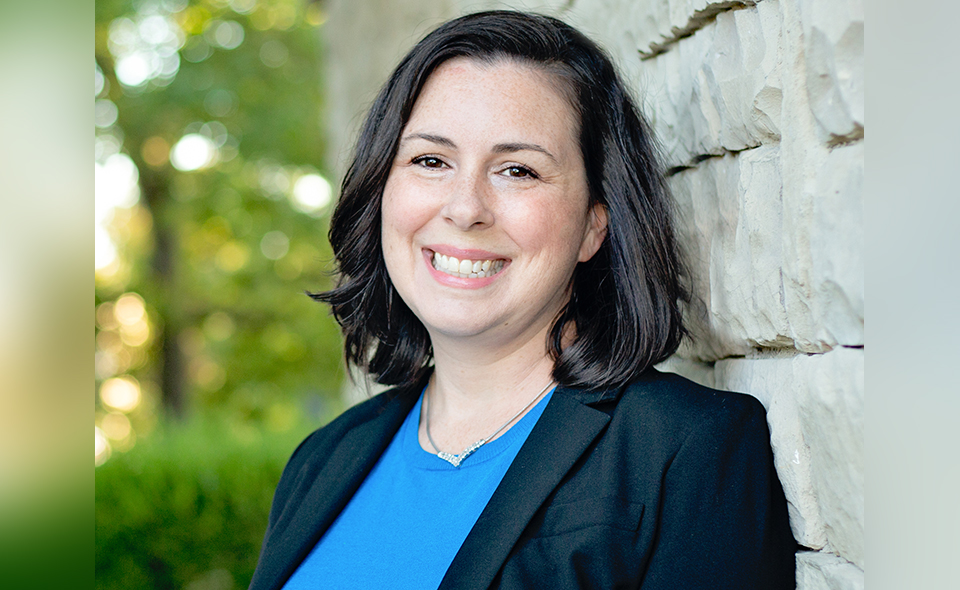Below, elder law attorney Nikki Mitchell describes some of the challenges involved in estate planning and how she goes about supporting her clients through them.
How do you prepare to support clients through difficult legal processes, such as end-of-life planning?
In my experience, the best preparation is twofold. First, you have to have a strong grasp of the law and the options your clients can and should be considering. If you do not deeply understand that, then you cannot properly advise your client. You may have the surface answer to the question, but you cannot help your client dive into these deep conversations that so many areas of elder law practice require. Clients are looking to you for legal advice, but also resources, opinions, first-hand experiences, contacts, all of it. They need you to be the expert so they can feel secure in decisions they make, knowing that they had accurate information from which to do so.
Second, I try to be sure to break down the content of whatever practice area I am assisting clients with into manageable pieces. Clients who come to me are often in a very emotional and stressful time of life. They are dealing with ill or deceased family members; they are sometimes thinking for the very first time about what they want at the end of their life. I have families who have diligently cared for disabled family members for their entire life and are now trying to work through who will do that for them when they pass. They are generally not in a place where they have the bandwidth to decipher a ton of legal information. If I cannot take the information and advice I give them and make it easier to digest then I am doing my clients a disservice and am only adding to their stress.
What complications might arise during the estate planning process? How can these be avoided?
There is a myriad of complications that could arise during the estate planning process. Things like family dynamics, conflict and distrust tend to flare during the conversations we need to have in order to put together a proper estate plan. I could fill a book with stories about estate planning gone wrong. The thing to remember, though, is that all those things that have the potential to make the estate planning process a little painful will be exacerbated if you do nothing. At least if we can get an estate plan put together there is something to fall back on when things go sideways.
Clients who come to me are often in a very emotional and stressful time of life.
We can avoid or mitigate these complications by being open and having tough conversations. It is best if clients come to meet with me having had some prior conversations or thoughts about what they would like to see in their estate plan. It is important to spend some time with clients asking open-ended questions about their lives and families. The information you glean from those kinds of conversations reveal so much more than you will find on a simple questionnaire. Clients need to be honest with their attorney about their wishes and their concerns. Do not be embarrassed to tell your attorney about family dynamics that could cause conflict.
How does a trust vary from a will? What are the key benefits of each?
This is something clients ask all the time. There is a pervasive belief in the general public that if you have a will then you are set and do not have to do anything else. That is not true. A will only has power if it has been admitted to probate. So, the biggest difference, from a client’s perspective, is that a will requires probate and a trust does not. All the respective pros and cons of that apply. Of course, that is a simplification, but it is probably the most important thing for my clients. Some other big differences are that a trust has terms which can be applicable during the settlor’s lifetime as well as after death, whereas a will only has terms that apply after death (and, again, after being admitted to probate).
For a client with a relatively straightforward estate plan, a will is a good safety net document. You can accomplish so much of what a client wants using named beneficiaries and other non-probate strategies that a will is only for the capture of things that might slip through the net. This keeps the cost of creating your estate plan down and still achieves the goal of getting your remaining assets where you want them after you have passed. If you end up requiring probate, then the will ensures you have someone appointed to oversee your estate and requires that person to make distribution of your assets per your stated wishes.
There is a pervasive belief in the general public that if you have a will then you are set and do not have to do anything else. That is not true.
A trust – most commonly a revocable trust – is appropriate for people with a more complex estate. That could be because of the value or nature of their assets, family considerations, or any number of things that make a trust the more appropriate document for clients. A revocable trust has the benefit of being easily amendable (in most cases), being flexible, and allowing you to account for a plethora of potential scenarios in the terms of the trust. A trust does not negate the need for a will to capture those things that might still slip between the cracks of your estate plan, but the will is not the primary driver of your estate plan in this case; the trust is.
A good estate planning attorney will work with a client to determine what combination of documents is most appropriate for their client.
I would be remiss if I did not also take this time to stress the importance of durable powers of attorney. In my opinion, these can be the most important documents a client creates. Without them, if a client loses capacity during their lifetime – which is becoming more and more common as people live longer with illnesses that impact cognitive ability – then we see the number of adult guardianships and conservatorships rise. Having durable powers of attorney for finances and healthcare will, in most cases, prevent the need for a guardianship or conservatorship. They are powerful documents, though, and are one of those things you must be prepared to have tough conversations about and should not be just a one-size-fits-all kind of document.
What are some of the most challenging cases you work on? What are some of the most rewarding?
The most challenging cases are always those that have hard family situations. These can be either families fighting or families experiencing really difficult circumstances. They can both be difficult to navigate and to separate yourself from the emotional part of the case. However, resolving those can also be some of the more rewarding cases because they were so challenging. My area of practice, for me, is very rewarding overall. I am privileged to work with clients through stressful and emotional times. When I am able to lighten their load even a little, then I feel like I have put my degree to the exact use I hoped I would when I decided on law as my career path.
Nikki Mitchell, Partner
Mitchell, Brown & Associates LLC
473 N. Kirkwood Rd. 2nd Floor, St. Louis, MO 63122, United States
Tel: +1 314-962-0186
Fax: +1 314-962-1298
E: nmitchell@elderlawstlouis.com
Nikki Mitchell is the owner and managing partner of Mitchell, Brown & Associates. Her practice covers all aspects of elder law. Prior to joining the firm, Nikki worked as a legal aid attorney and gained experience in a broad range of legal issues including elder law, disability, special education, SSI applications, family law and disability. During and after law school, she was also an editor and then managing editor of the Mid-Atlantic Journal on Law and Public Policy, a journal that focused on the intersection of health and animal law and ethics.
Mitchell, Brown & Associates, LLC is an elder law and special needs law firm that serves clients in St Louis and the surrounding areas. Its team advises clients on both legal matters and the many non-legal issues that may arise while pursuing them, whether related to finances, health or long-term care concerns.





















